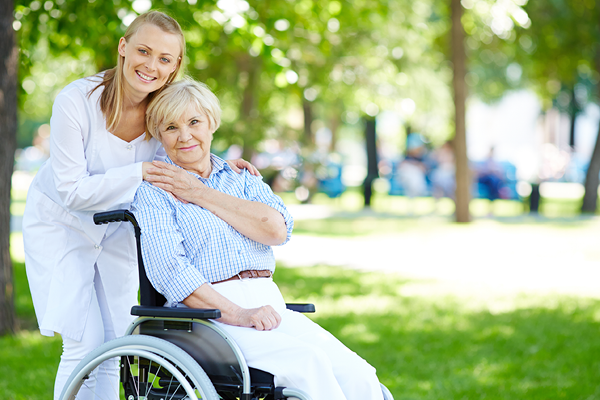November is recognized as a time to honor family caregivers and the incredible role they play in supporting loved ones through cancer treatment. If you're caring for someone facing cancer, you already know how demanding and emotionally complex this journey can be. Whether you're helping a parent, spouse, sibling, or friend, learning helpful strategies can make a meaningful difference for both yourself and the person you're caring for.
Understanding what your loved one needs begins with open communication. Cancer treatment affects everyone differently, and symptoms can change from day to day. Take time to ask specific questions about how they're feeling, what tasks feel most overwhelming, and when they need space versus when they want company. By checking in regularly and listening without judgment, you can provide the kind of support that truly matters.
Managing Medical Information:
- Keep a dedicated notebook or use your phone to track medications, dosages, and timing
- Write down questions before medical appointments so you don't forget important concerns
- Take notes during consultations, or ask if you can record conversations to review later
- Maintain a symptoms journal, noting any side effects or changes between appointments
Taking care of yourself isn't selfish when you're a caregiver. You cannot pour from an empty cup, and neglecting your own health will eventually impact your ability to help others. Consider joining a caregiver support group to share experiences with others who understand what you're going through. Remember to attend your own medical appointments and maintain connections with friends outside of caregiving duties. Taking care of yourself allows you to be more present, patient, and effective in your caregiving role.
Building Your Support Network:
- Identify family members or friends who can help with grocery shopping, household chores, or provide companionship
- Reach out to professional resources at your loved one's cancer center, including social workers and patient navigators
- Don't hesitate to ask the healthcare team questions when you need guidance
Emotional well-being deserves just as much attention as physical health during cancer treatment. Acknowledge that feeling frustrated, exhausted, or sad doesn't mean you're failing as a caregiver; it's a normal part of the caregiving process. These emotions are natural responses to an incredibly challenging situation. Create moments of joy and normalcy when possible, whether that's watching a favorite movie together, looking through old photos, or simply sharing a meal. Celebrate small victories and be gentle with yourself during setbacks. Remember that showing vulnerability and expressing your feelings doesn't diminish your strength as a caregiver.
Being a caregiver requires compassion, patience, and resilience, but you don't have to navigate this journey alone. If you need guidance on supporting a loved one through cancer treatment or want to connect with resources for caregivers, speak with our team.
published: Oct. 30, 2025, 3:42 p.m.

